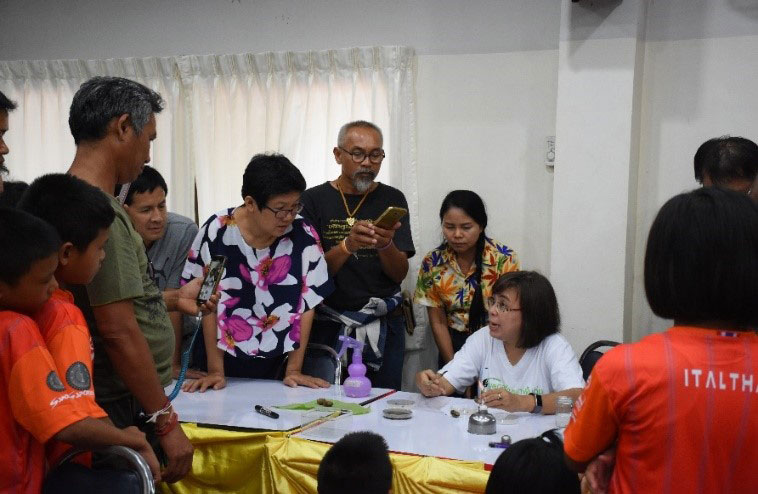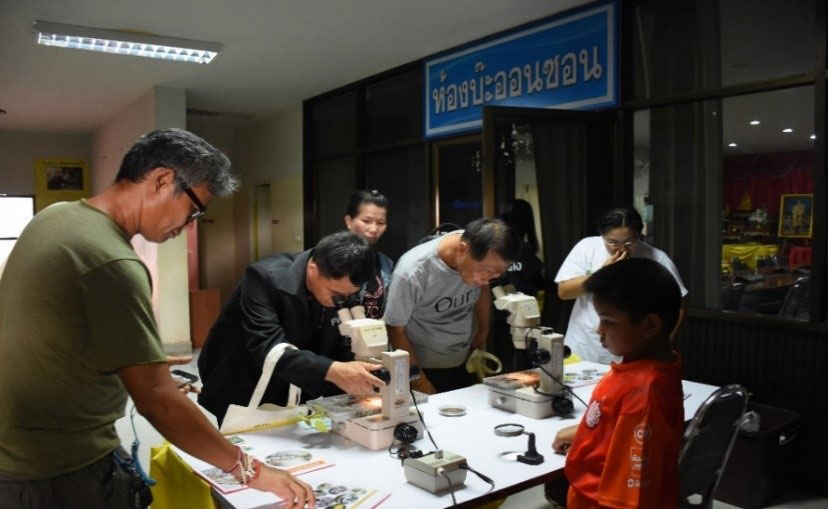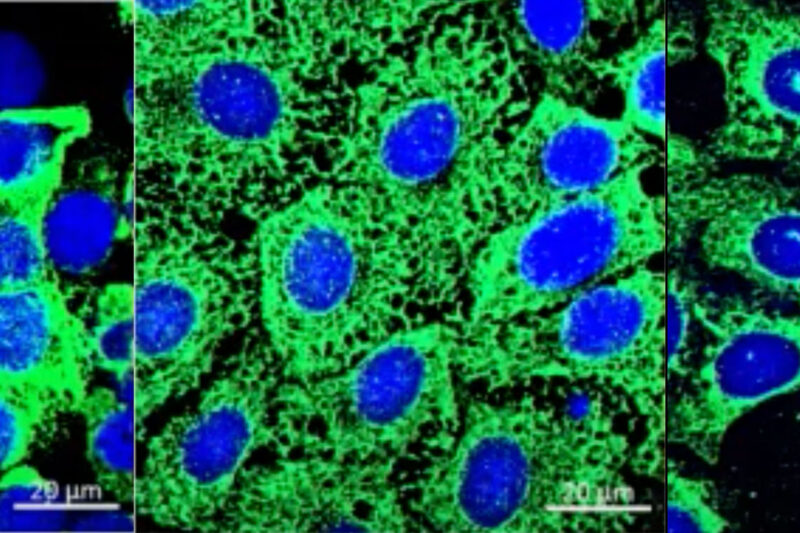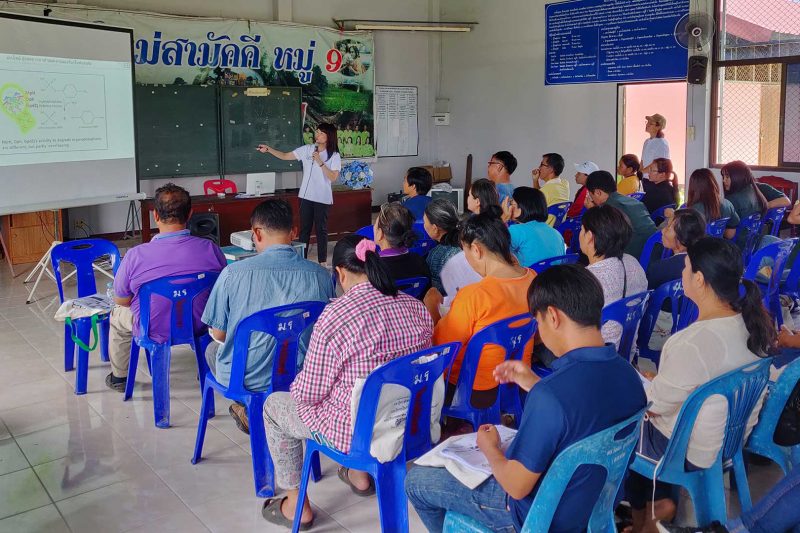CU-initiated project helping villagers see the economic value in reforestation
“A longstanding problem with reforestation in Thailand is that local communities cannot coexist with forests,” says Assist Prof Dr Jittra Piapukiew, an assistant professor with the Department of Botany in the Faculty of Science at Chulalongkorn University.
“That’s why reforestation in this country is not sustainable.”
Dr Jittra strongly believes that local communities play an essential role in forest development, which requires cooperation from many stakeholders in the public, academic and civic sectors.
As the loss of natural forests is reaching a critical point, the quickest way to reverse the damage is to “restore deteriorated forests”, says the botany professor.
“The key is to use native tree species, which not only resist severe climate change but also have no negative impacts on the original forest ecosystem.”
However, to increase forest cover effectively, reforestation efforts also need to take place on what was once forest land but is now occupied by communities.

The question is how to persuade these communities to join in the reforestation programs. This is a crucial question because the communities face the risk of losing income and land that has been used for monoculture farming, not to mention the risk of losing their land rights once the site reverts to forest cover.
But Dr Jittra has a trick up her sleeve to help find solutions to this complicated problem. It turns out to be a bunch of tiny organisms called mycorrhizal fungi.
An expert on mycorrhizal fungi, the professor says the organisms help to improve the survival odds of seedlings after being replanted. What’s more, they help produce various types of edible mushrooms, such as Astraeus odoratus and Amanita hemibapha. Villagers who allow their land to be reforested can earn income from collecting and selling the mushrooms.

Dr Jittra believes these fungi can help lay a strong foundation for sustainable forestry. Since 2018 she has enlisted communities in 10 provinces across Thailand in a project known as the Use of Mycorrhizal Fungi to Enhance Reforestation of Native Tree Species in Thailand.
The project has received support from The Mushroom Initiative Limited, an environmental non-profit organization from Hong Kong, as well as the Chaipattana Foundation, Kasetsart University, Ubon Ratchathani University and Nakhon Phanom University. The Mushroom Initiative has a detailed presentation about the project on its website.
Initially, villagers in target communities were skeptical about the project. But Dr Jittra was not deterred, insisting that resistance could be broken down with the right communication.
“We kept going back to the communities in attempts to forge a closer relationship,” she says. “We tried to understand their reservations and come up with practical approaches.”
Her persistence has paid off. “Now when we open a course of training for 30 people, a hundred villagers apply.”
The timing is good, too. The recent passage of the Forest Act BE 2562 has opened up opportunities for villagers to make a living from trees they grow in their own land. The law overturns a previous prohibition against the planting and exploitation of restricted high-value trees. This should help the project to expand more easily.
Subsequent discussions with the Royal Forest Department have persuaded its officials to cooperate with the project for mutual benefits. Villagers who reforest land that they once occupied for farming will be able to gain benefits from the forest they help restore. As a result, the project so far has been able to add more than 615 rai (about 100 hectares) of reforested land in 10 provinces.
In 2020, the project partners will discuss consolidating its knowledge base and making it easier to apply the knowledge in new project areas, according to Dr Jittra.
Collaborators:
- The Mushroom Initiative Limited (NGO, Hong Kong)
- Royal Forest Department
- Chaipattana Foundation
- Kasetsart University
- Ubon Ratchathani University
- Nakhon Phanom University
For more information, please visit https://www.ecomushrooms.org/mycorrhizal-fungi-and-forest-trees/projects-in-southeast-asia/a-project-in-thailand-which-is-using-mycorrhizas-for-growing-native-trees/?lang=en
Related SDGs
Previous:
Next:
Others
Getting Even with Inequality in Asia
“Getting even – Public policies addressing inequality in Asia”. This book is a collection of research papers drawing lessons from economic and social policies that help reducing inequality in selected Asian countries.





